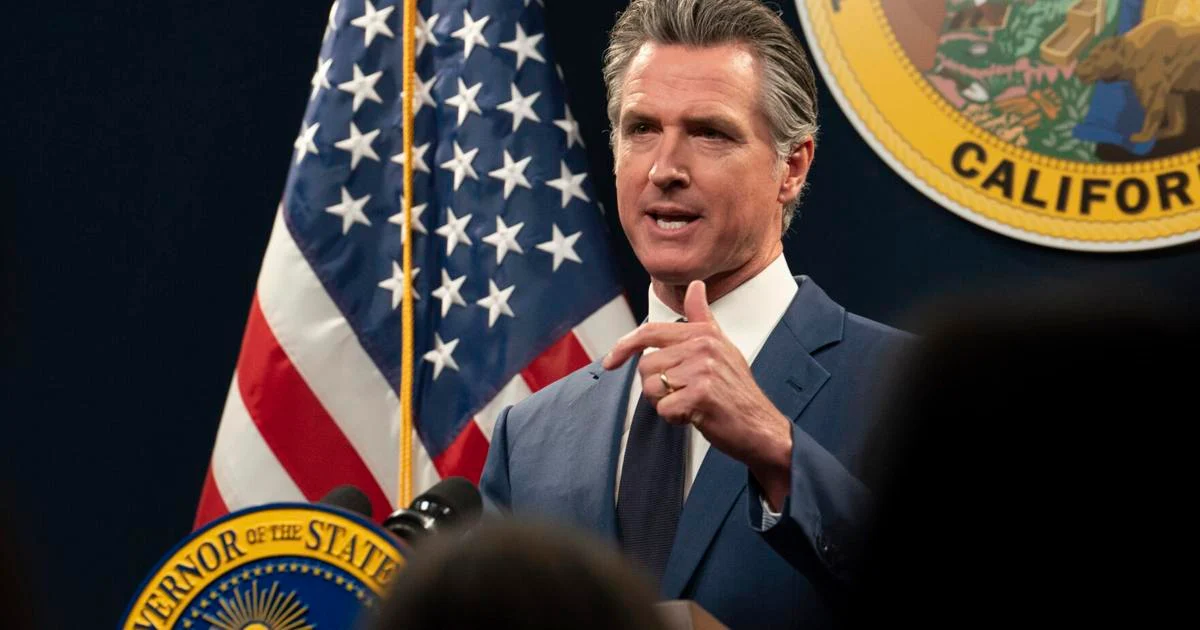California Governor Gavin Newsom’s decision to pre-record his State of the State address rather than deliver it live has sparked criticism, particularly from Republican legislative leaders.
The announcement comes as a departure from tradition, where the address is typically delivered in person before the state legislature. Instead, Newsom plans to release the recorded speech on his official YouTube channel.
As per 2news Republican leaders have denounced the move, labeling it as disrespectful to the entire legislative body.
They argue that delivering the address live allows for direct interaction and immediate response from lawmakers, fostering transparency and accountability in state governance.
Alex Vassar, spokesperson for the California State Library, acknowledged that while the decision breaks with established norms, there are no constitutional barriers preventing the governor from pre-recording the address.
This move underscores the evolving nature of communication in the digital age, where online platforms offer alternative avenues for public officials to disseminate important messages.
Related Articles:
Chilling Waters Pose Hypothermia Risk off California Coast
Invasive Insect Threatens California’s Wine Industry
California Man Arrested in Utah for Alleged Kidnapping of Girlfriend
According to the Governor’s Office, Newsom’s address will focus on pressing issues such as homelessness, mental health, and public safety.
These topics reflect ongoing challenges facing California, where addressing social and economic disparities remains a priority amidst a backdrop of complex policy debates.
As the state prepares to hear Newsom’s pre-recorded address, the controversy highlights broader debates over governmental transparency, communication methods, and the evolving role of digital media in public discourse.
Critics argue that while technological advancements offer accessibility, they should complement rather than replace traditional forms of legislative engagement for effective governance.
